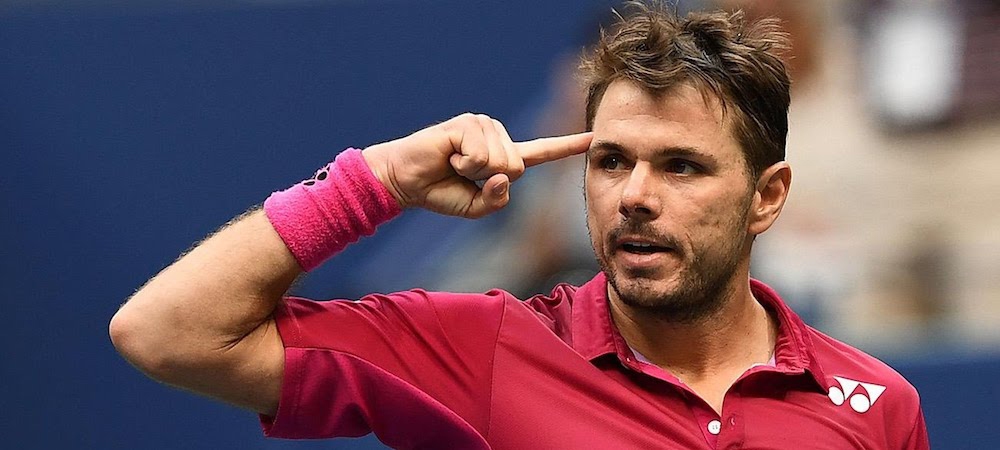
This guest post is by Don Macpherson. Don is a UK based mind coach who has been involved with sports personalities for more than 22 years. He has appeared on television and radio for the BBC, and has been a regular contributor to various UK national newspapers such as the Sunday Times. Over the years Don has worked with all sorts of athletes including Tennis Grand Slam winners, Ryder Cup Golfers, Premier League soccer players and Formula One Champions.
It is said that tennis is mostly a mental game. Almost all the the top 100 players are fast, strong and have biomechanically sound technique. What separates one player from another at this level of tennis? The answer is mental toughness.
So what can the top tennis players such as Rafael Nadal or Novak Djokovic teach you about mental strength? Here is what Don has to say along with two incredibly simple tricks you can apply instantly to improve your focus. The great thing is that these two tips apply on and off the court. So even if you don’t play tennis you can still apply these principles to your daily life. Without further ado enter the mind of Don…
Physical and Mental Fatigue
If you have ever played a tennis match or watched a Grand Slam final, you know tennis can often be long and tiring. When your body gets tired it lets you know. Your legs feel heavy, muscles ache, joints twinge and you’re short of breath – so you adjust as best you can. This happens to everyone, even the best in the world.
However, unfortunately your brain tends to let you know what’s going on too late. Before you know it, you’re out of mental juice, and your concentration is on a downer. Suddenly you’re making mistakes that you were not making earlier in the match. Recognising when you are running low on mental energy is very difficult. This is where the best tennis players seem to have something extra that gives them an edge over their opponent.
Rather than dealing with mental fatigue once it sets in, players like Djokovic, Federer and Nadal do something else. They prevent mental fatigue from occurring in the first place.
Control the Controllables.

So how do you prevent mental fatigue from setting in? You may have heard the phrase “control the controllables”. Typical psycho-babble stuff. What does it actually mean though? Essentially it means knowing what is within your control and what is not. More on that in a little bit…
OK here is a two step exercise that will help combat mental fatigue:
- First, make a list of the things you truly cannot control. Most are obvious such as the weather, bad line-calls, windy conditions, what your opponent is doing, cheating, etc… You may be surprised at how many things really are outside of your control.
- Next, make a list of the things clearly under your control, such as your serve, what you are saying to yourself, what you are eating and drinking, time you spend between points, how you react when things don’t go to plan, etc…
Why Does This Work?
Simply making these two lists will raise your own awareness of what you can and cannot control. The key is to take full responsibility for what they are, and practice letting go of the things you are now aware you cannot control.
This is the best way of conserving valuable mental energy for more important things such as good concentration. So you are now making less errors….and winning more games, more sets and more matches….which will build your confidence and stroke the fire of self-belief.
This is one of the things that separate great athletes from the rest of the herd and allows them to focus even when they are physically exhausted.
Have fun….look after you brain and it will look after you!
You might also like…
- How to Overcome and Prevent Mental Fatigue in 3 Steps
- 5 Easy Steps to Enter Your Zone
- 5 Steps To Master The Vital 7th Game
Thank you for reading! If you enjoyed this post why not sign up for my newsletter. It’s where I share all my best content not found anywhere else. You’ll receive the occasional email packed with tennis tips, health & fitness exercises, gear recommendations and interviews with fascinating people I meet on my travels. Get access here.



